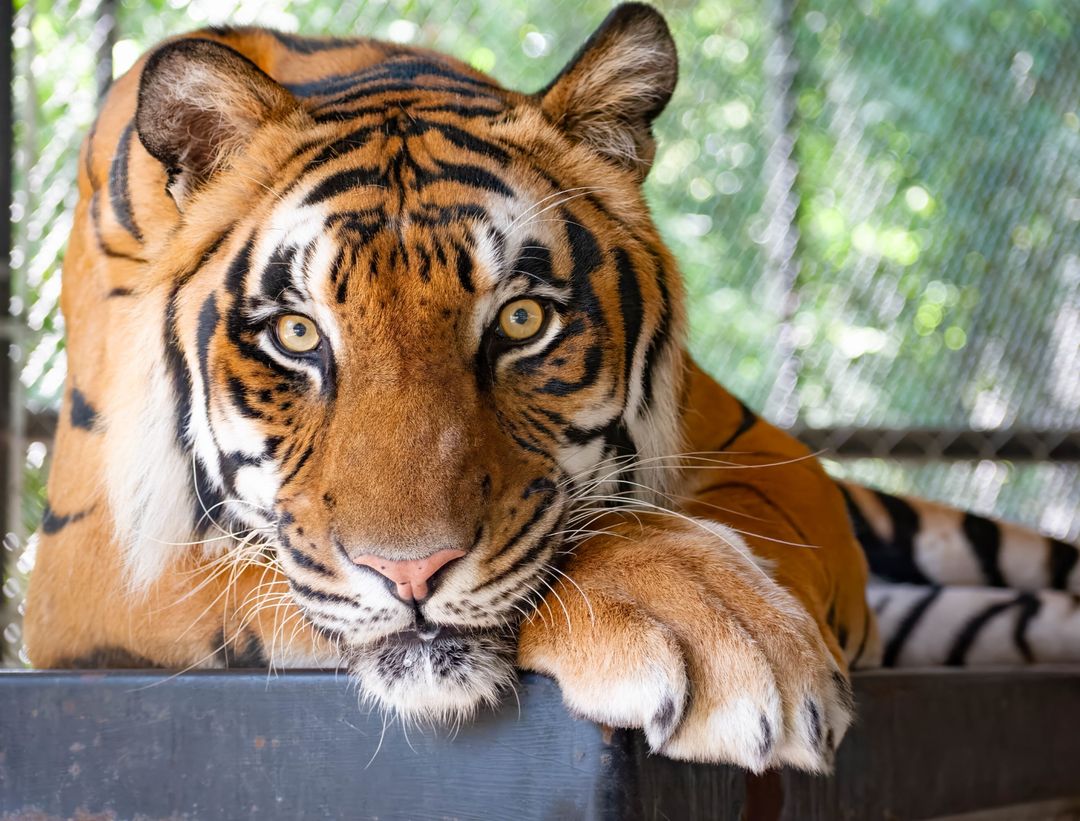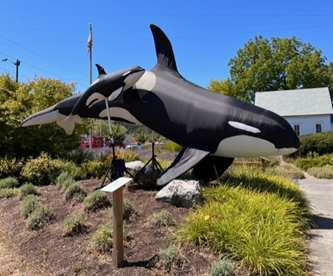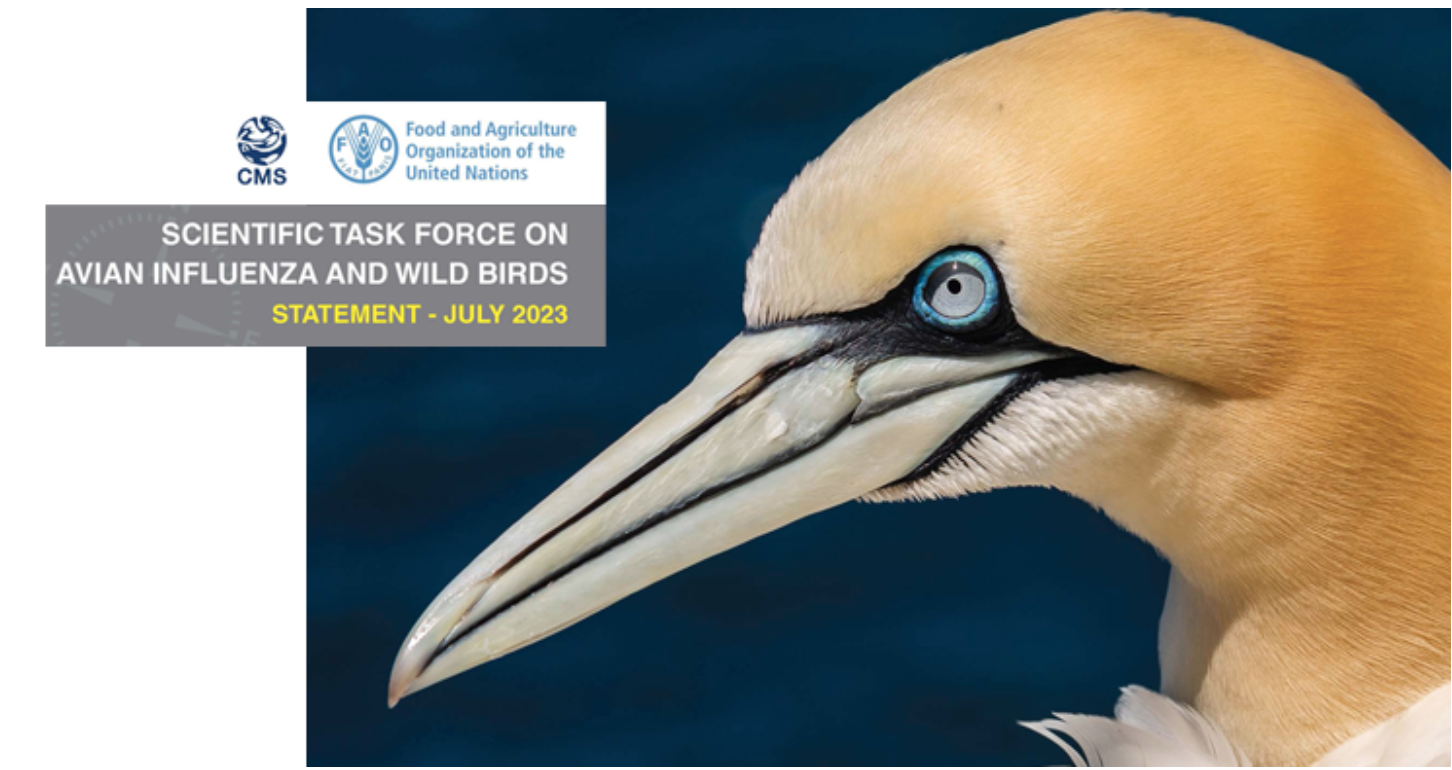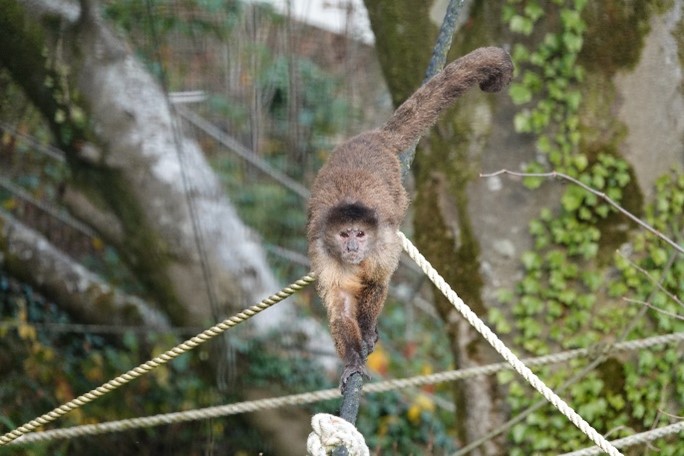 In recognition of International Tiger Day each year, GFAS and Tigers in America host a photo contest, with the winner announced on International Tiger Day. We were thrilled to announce the winning photo of this year’s contest on July 29.
In recognition of International Tiger Day each year, GFAS and Tigers in America host a photo contest, with the winner announced on International Tiger Day. We were thrilled to announce the winning photo of this year’s contest on July 29.
Facility: GFAS Verified In-Sync Exotics Wildlife Rescue and Educational Center, Texas
Photo courtesy of: Tammy Spencer
Accepting Nominations for the Carole Noon and Outstanding Sanctuary Awards
On behalf of the Global Federation of Animal Sanctuaries Board of Directors and GFAS Award Committee, we are excited to announce that nominations are open for the 2023 Carole Noon and Outstanding Sanctuary Awards!
The GFAS Carole Noon Award is given annually to an individual who embodies and puts into practice the GFAS philosophy of vision, dedication, and excellence in animal care at sanctuaries. The award was created in 2009 to honor outstanding contributions to the animal sanctuary field to memorialize Carole Noon, Ph.D., a courageous and innovative sanctuary pioneer and champion of chimpanzees.
The Outstanding Sanctuary Awards recognize excellence in humane and responsible animal care; professionalism and ethics; organizational sustainability; public engagement; and contributions to, and leadership within, the sanctuary field. GFAS Accredited/Verified organizations of varying missions are eligible, including sanctuaries which provide lifetime care for animals; transition and rescue centers which temporarily care for animals with a goal of placing them in adoptive homes; and rehabilitation centers which temporarily care for wildlife so that they can be returned back to their native environments. Recipients will be honored in four categories:
· Outstanding Equine Sanctuary of 2023
· Outstanding Farmed Animal Sanctuary of 2023
· Outstanding Wildlife Sanctuary of 2023
· Outstanding International Sanctuary of 2023
The deadline for submissions is September 1, 2023.
The GFAS Award Committee, which includes past Carole Noon Award recipients, reviews all nominations and makes recommendations; the full GFAS Board of Directors then makes the final selection. The award recipients are honored publicly, receive an engraved plaque, and are presented with a gift for their affiliated organization.
For full nomination requirements, evaluation criteria, and nomination forms, please see the GFAS website. For questions, please e-mail
GFAS Attends Super Pod 8
 Every few years, on San Juan Island, an international group of scientists, filmmakers, journalists, trainers, advocates and interested members of the public, gather for a whale conservation and education conference, aptly named, Super Pod. San Juan Island is the home of the Center for Whale Research (CWR), which has been studying the Southern Resident killer whale population found in the inland waters of Washington State and British Columbia for over forty years.
Every few years, on San Juan Island, an international group of scientists, filmmakers, journalists, trainers, advocates and interested members of the public, gather for a whale conservation and education conference, aptly named, Super Pod. San Juan Island is the home of the Center for Whale Research (CWR), which has been studying the Southern Resident killer whale population found in the inland waters of Washington State and British Columbia for over forty years.
The goal of each Super Pod conference is to share research and ideas to protect cetaceans in their natural habitat and bring an end to orca captivity. Presentations ranged from salmon restoration efforts for sustainability of wild orca pods, current legislative efforts aimed at ending cetacean captivity, updates on cetacean sanctuary projects in progress and the status of solitary orcas in entertainment parks, like Tokitae, at Miami Seaquarium. GFAS was proud to attend along with some of our collaborators on our newly published Cetacean Standards including, Dr. Lori Marino, President and co-Founder of the Whale Sanctuary Project, which is creating a sanctuary in Nova Scotia for captive orcas and beluga whales.
It’s an exciting time, and a defining moment for the future of captive cetaceans across the globe. The tide is turning, and the promise of true sanctuary for captive whales and dolphins is no longer a dream, but is becoming a reality.
 Last month, a UN task force released a jarring statement on the severity of HPAI (Highly Pathogenic Avian Influenza), as not only a major risk to birds (wild and domestic), but as a conservation issue for numerous other species.
Last month, a UN task force released a jarring statement on the severity of HPAI (Highly Pathogenic Avian Influenza), as not only a major risk to birds (wild and domestic), but as a conservation issue for numerous other species.
The Monkey Sanctuary Update
 When the Covid-19 pandemic forced The Monkey Sanctuary, in Cornwall, United Kingdom, to close its doors to the public for most of two years, the loss of income from tours created significant financial hardship. Unexpected loss of funding due to Brexit, over the same period, exacerbated the stress on finances. As reserves were being depleted and fearing they may have to close permanently, Wild Futures, which runs The Monkey Sanctuary, launched an emergency appeal to their supporters. The group even got a hand from, Ricky Gervais, who designed a charity t-shirt on their behalf. The appeal was a success, and Wild Futures has since reported that operations at the sanctuary have been stabilized. Still building their way out of the crisis and moving forward, Wild Futures will focus on creating long-term sustainability for as long as captive monkeys require sanctuary.
When the Covid-19 pandemic forced The Monkey Sanctuary, in Cornwall, United Kingdom, to close its doors to the public for most of two years, the loss of income from tours created significant financial hardship. Unexpected loss of funding due to Brexit, over the same period, exacerbated the stress on finances. As reserves were being depleted and fearing they may have to close permanently, Wild Futures, which runs The Monkey Sanctuary, launched an emergency appeal to their supporters. The group even got a hand from, Ricky Gervais, who designed a charity t-shirt on their behalf. The appeal was a success, and Wild Futures has since reported that operations at the sanctuary have been stabilized. Still building their way out of the crisis and moving forward, Wild Futures will focus on creating long-term sustainability for as long as captive monkeys require sanctuary.
This is welcome news, as The Monkey Sanctuary is a much needed and peaceful respite for captive primates in need of a permanent home. The group provides individualized, rehabilitative care for New & Old World monkeys rescued from the pet and entertainment industries. Sadly, the pet trade is rampant in the UK, and Wild Futures, continues to work to pass a national ban. In direct contrast to their previous solitary experience in indoor cages, sanctuary residents are able to enjoy the comfort of companionship either in pairs or larger social groups. The monkeys are afforded freedom of choice for the first time, and are allowed to choose where and when they want to eat, sleep and play within their spacious indoor and outdoor enclosures. Autonomy and companionship mean everything to monkeys that have been forcefully deprived of a natural life. Giving them back to each other, is one of the most important ways The Monkey Sanctuary creates opportunity for restoration.
Here’s to Wild Futures and The Monkey Sanctuary for their perseverance through an enormously challenging time and for their commitment to providing true sanctuary for monkeys in need. Please visit the Wild Futures website to learn more about their work: www.wildfutures.org
Farm Sanctuary is well known as a pioneer in the sanctuary movement- they continue this legacy through their one-of-a-kind approach to research with animals. Unlike classic scientific studies, where subjects are forced into situations which suit the scientific questions at hand, Farm Sanctuary’s innovative approach lets residents consent to study participation, which benefits (who else?!) themselves!
In their latest work, the sanctuary delves into whether residents suffer from PTSD.
“In humans, post-traumatic stress disorder (PTSD) can occur after exposure to traumatic events and is characterized by recurrent, distressing memories, dreams or flashbacks, and intense or prolonged psychological distress at exposure to triggers that resemble an aspect of the traumatic event. In order to be diagnosed, humans must also exhibit avoidance of these triggers, depressed mood or cognition, and changes in activity that persist for at least a month. PTSD is common among people who experience trauma, including soldiers, breast cancer survivors, refugees, and farm and slaughterhouse workers.
Over the past two decades, researchers have explored the existence of PTSD in nonhuman animals, including elephants and chimpanzees. The life of an average factory-farmed pig or cow includes many traumatic events that could trigger PTSD symptoms. These stressors can elicit fear and trigger defense behaviors such as immobility, withdrawal, and avoidance. Farm Sanctuary’s Watkins Glen location provides sanctuary for almost 100 pigs and cattle, many of whom experienced trauma prior to arriving at sanctuary. As new residents come to the Sanctuary, we are asking the questions:
- Do new sanctuary residents who have histories of trauma exhibit symptoms of PTSD, as compared to those who do not have known histories of trauma?
- In order to assess the impact of sanctuary on PTSD, do those symptoms subside over time?”
New Certifications and Renewals
Over the past month, GFAS has renewed three GFAS organizations!
Congratulations to all these groups!
Renewals
Red Clay Ranch Equine Rescue & Sanctuary, Georgia
Skydog Sanctuary, Oregon
Wildlife Rescue & Rehabilitation, Texas
